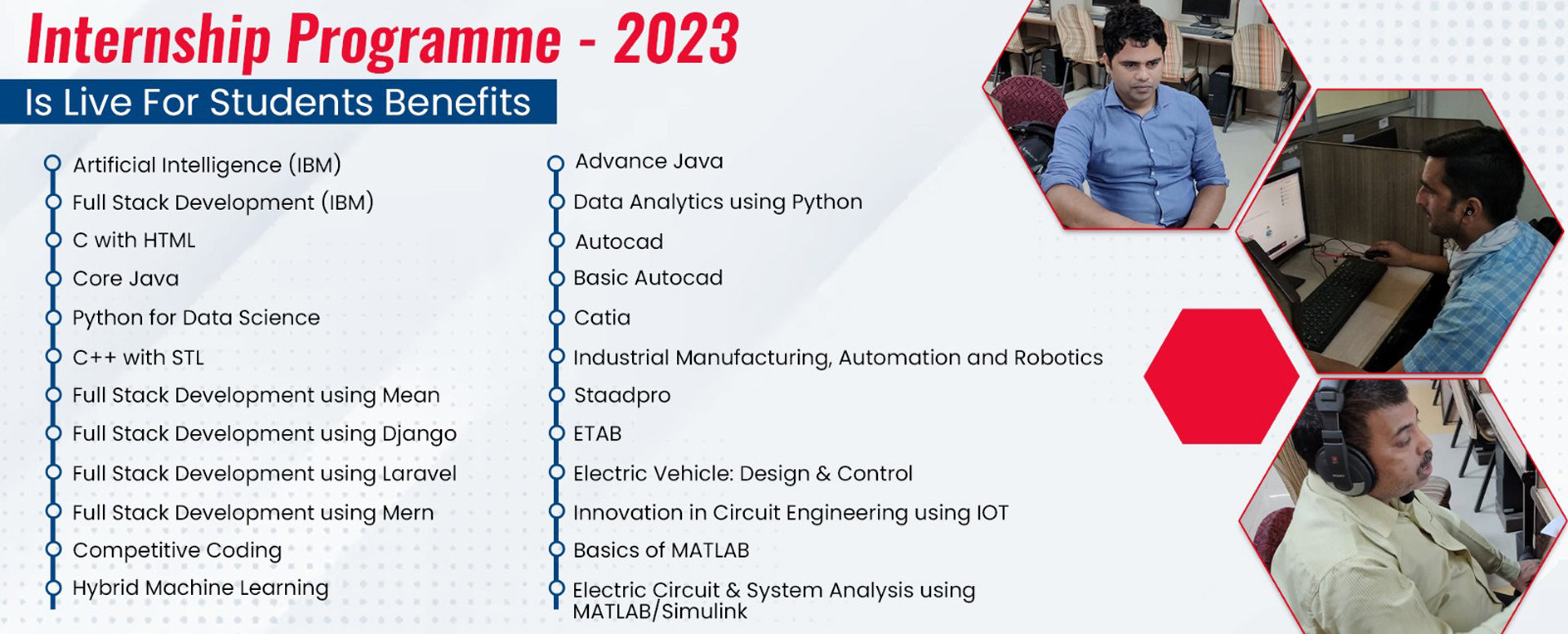OBJECTIVE OF THE COURSE
Java is platform independent language and Object oriented Programming language. Using advanced Java programming language we can learn how to design dynamic web applications using Java Server Pages and Java Servlet and how to connect to data base drivers. Advanced java course consist JDBC, HTML, Servlet, JSP and JSTL. Using JDBC concept you can learn database concepts in depth and perform all CRUD operations easily. Using HTML you can develop static web pages. Using Servlet and JSP you can develop dynamic web pages.).
DURATION OF THE COURSE : 60 HOURS (4 WEEKS).
MINIMUM ELIGIBILITY CRITERIA AND PRE-REQUISITE : This course is designed to meet the needs of those who want to be professional Java developers. This will also help the audience to get though the Java Certification called Web Component Developer. Students should be familiar with Java programming techniques and should be comfortable with concepts such as Classes, Objects, Inheritance, Interfaces I/O Streams, Threading and Networking. Certificate like Sun Certified Java Programmer will be an added advantage.
- Module 1 (Week 1 – 16 hours):
- Object Oriented Programming Class Fundamentals , Object & Object reference , Object Life time & Garbage Collection, Creating and Operating Objects , Constructor & initialization code block, Access Control, Modifiers, methods Nested , Inner Class &Anonymous Classes ,Abstract Class & Interfaces Defining Methods, Argument Passing Mechanism , Method Overloading, Recursion, Dealing with Static Members, Finalize() Method, Native Method. Use of “this “ reference, Use of Modifiers with Classes & Methods, Design of Accessors and Mutator Methods Cloning Objects, shallow and deep cloning, Generic Class Types. Extending Classes and Inheritance Use and Benefits of Inheritance in OOP, Types of Inheritance in Java, Inheriting Data members and Methods , Role of Constructors in inheritance , Overriding Super Class Methods ,Use of “super” , Polymorphism in inheritance ,Type Compatibility and Conversion Implementing interfaces. Package, Exception Handling, Array and Thread.
- Module 2 (Week 2 - 14 hours):
- GUI Programming Designing Graphical User Interfaces in Java, Components and Containers, Basics of Components, Using Containers, Layout Managers, AWT Components, Adding a Menu to Window, Extending GUI Features Using Swing Components, , Event- Handling Process, Event Handling Mechanism, The Delegation Model of Event Handling, Event Classes, Event Sources, Event Listeners, Adapter Classes as Helper Classes in Event Handling. Database Programming using JDBC Introduction to JDBC,JDBC Drivers & Architecture, CURD operation Using JDBC, Connecting to non-conventional Databases.
- Java Server Technologies Servlet Web Application Basics, Architecture and challenges of Web Application, Introduction to servlet, Servlet life cycle, Developing and Deploying Servlets, Exploring Deployment , Descriptor (web.xml), Handling Request and Response.
- Module 3 (Week 3 – 16 hours):
- Java Server Pages (JSP) In this module we can able to differentiate the model, view, server logic so that lot's of client side code processing is reduced on server which is not done in servlets concept.
- JSP Architecture, JSP Standard / Implicit Objects, Request, Response, Out, config ,Application, Session, Page, Page Context , exception , JSP Page Implementation Class, JSP Basics & Syntax , JSP Directive Tags , Page Directive, Include Directive. Servlet as an improved CGI, Servlet Fundamentals / API , What is a Web-Container, Servlet Life Cycle / Architecture, HTTP GET and POST Request Methods, Processing Html Forms, What is Name-Value pair .
- Module 4 (Week 4 – 14 hours):
- Spring Boot Introduction, Spring Boot Basics, Why Spring Boot, Spring Boot Features, Main Goal of Spring Boot, Creating Project- Spring Initializer, Spring Boot Hello World Application, Spring Boot Annotations, Spring Boot Devtool Dependency- Without Restart application will see changes on browser.























